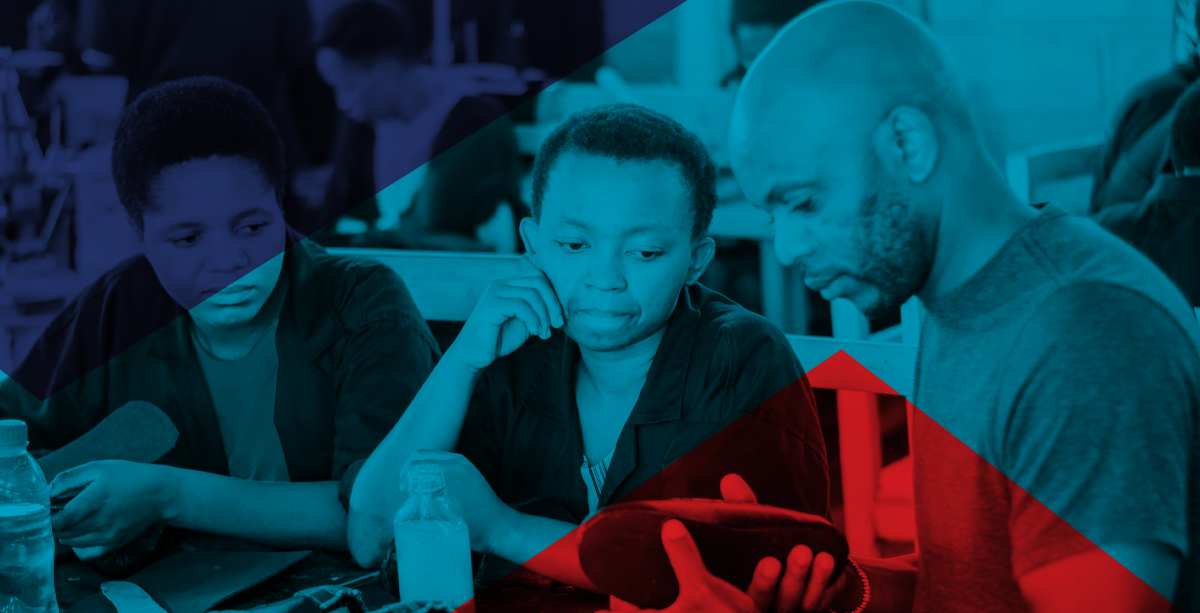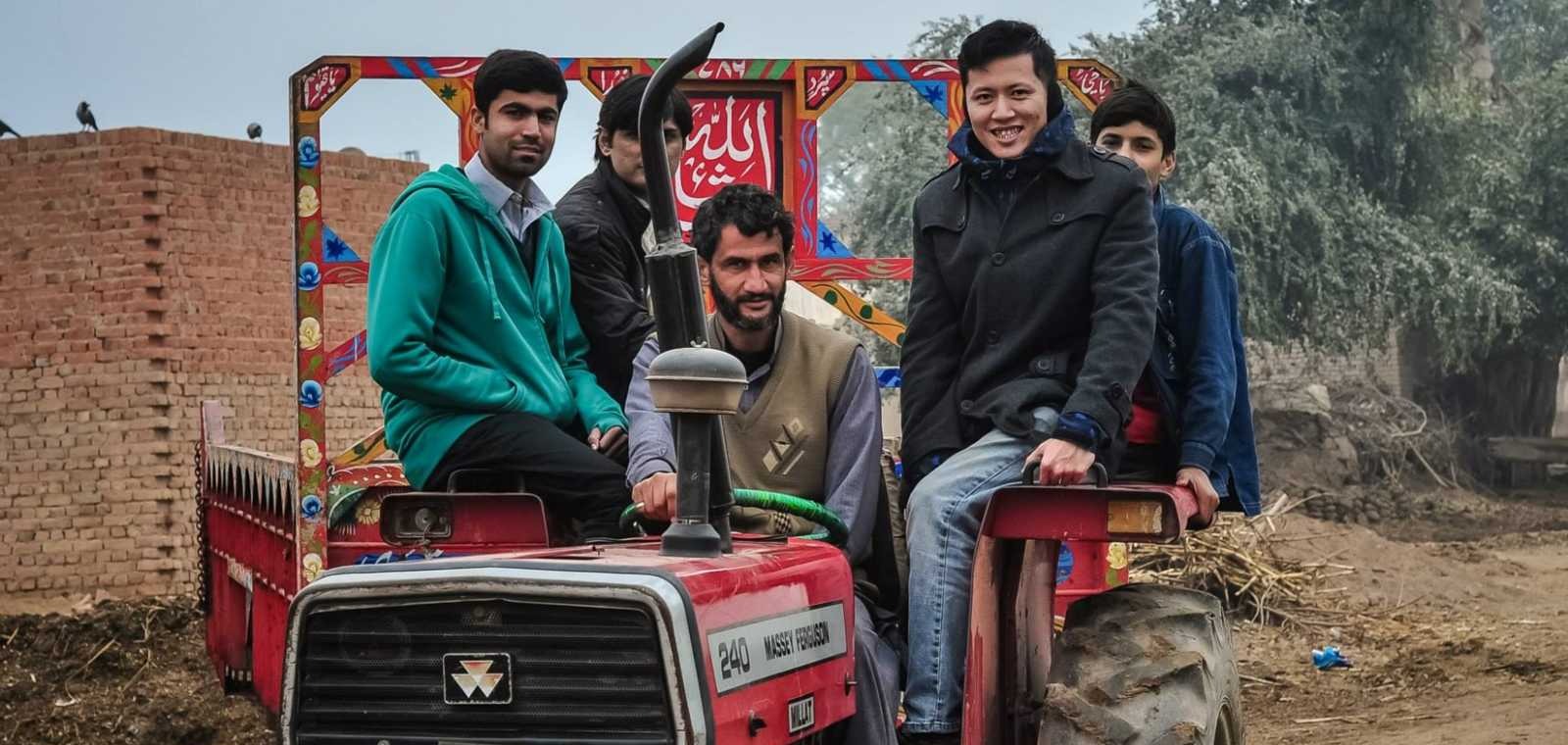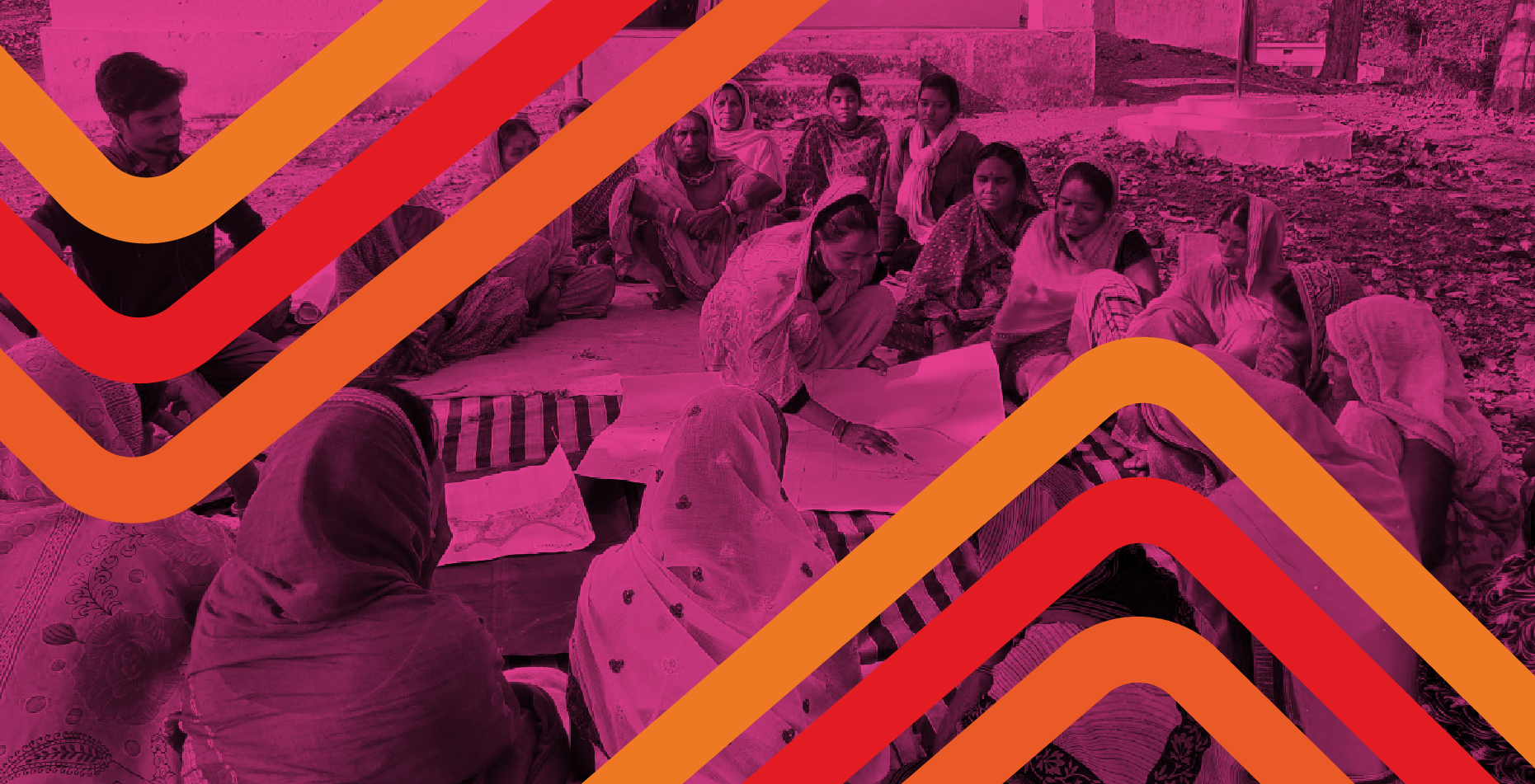Leadership
5 keys to ethical leadership as a social entrepreneur
How to lead social impact organizations with character, ethics, and empathy.
19 minutes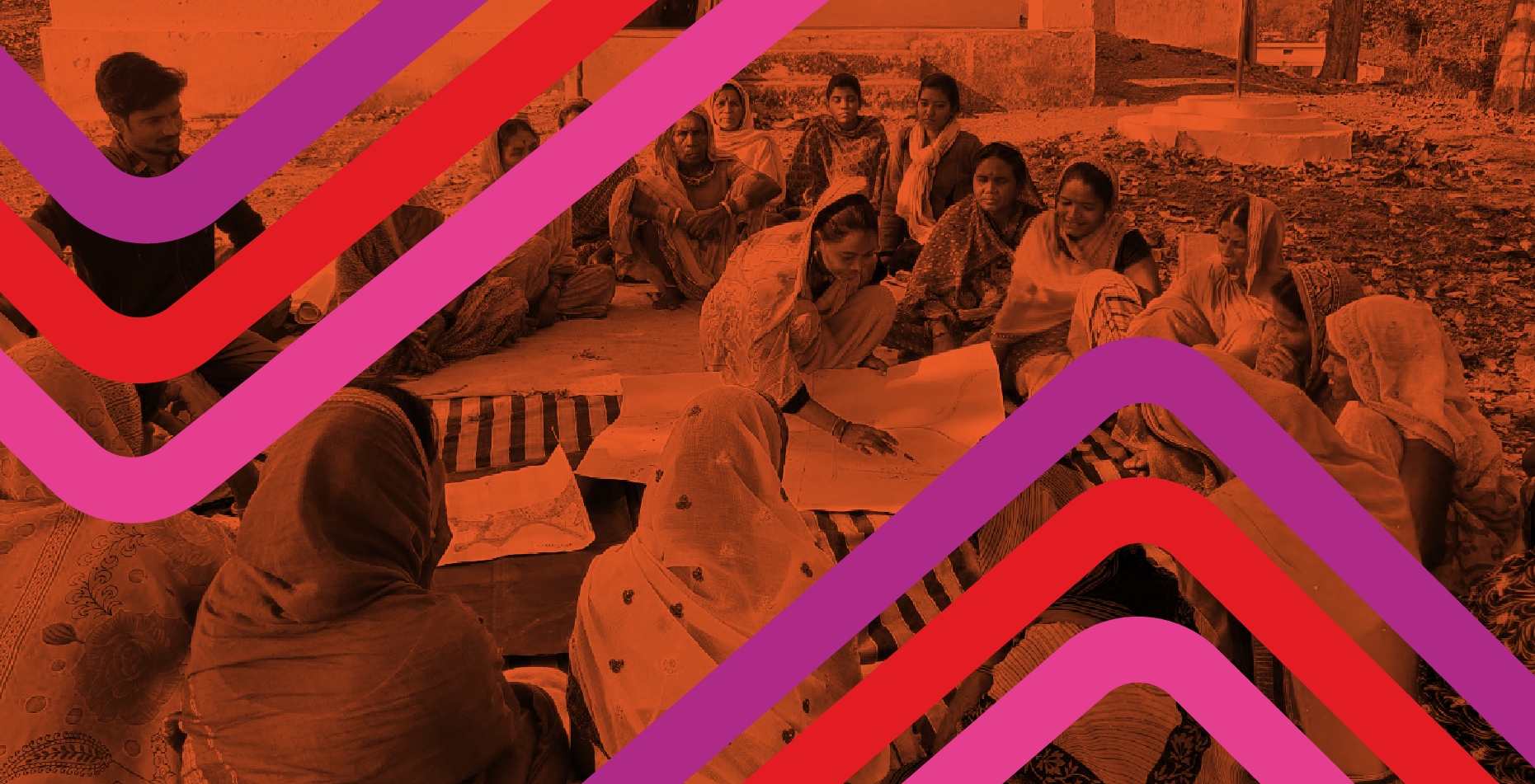
With lives and livelihoods on the line, the COVID-19 pandemic illuminated just how critical ethical leadership is in sustaining the health of our people. Faced with more questions than answers and mired in uncertainty and competing recommendations, there was no rulebook for leaders to lean on to determine the ‘right’ choices.
A 2021 ethics study revealed a gap between organizations having “purpose and values to guide choices in difficult circumstances” and their “ability to routinely take these aspirations into account in day-to-day deliberations.” This is a disconnect under scrutiny by employees, consumers, and the public at large, who increasingly expect organizations to follow through on their promises to lead change.
Leading an organization with character, ethics, and empathy requires preparation and practice. This guide will help you map out an ethical framework to help you make tough decisions, build a culture of integrity and trust, embrace courageous conversations, and empower your team to uphold ethical standards.
What is ethical leadership?
Ethical leadership means choosing to do what’s right, not what’s easy, and consistently upholding those values, especially when faced with difficult situations where there is not always a clear ‘right’ path forward.
Ethical leaders lead by example. They influence others by modeling how to navigate difficult decisions with ethics, and by inspiring others to embrace their own moral imagination to empathize with current reality while moving toward a vision of a better future.
This new metric of success can manifest as the suppliers you choose to partner with, how you treat your employees, how you mitigate your environmental footprint, and more.
Why we need ethical leadership
Ethical leadership is essential for any social innovator because it provides a basis from which to make tough decisions with confidence, take steps to reflect your ideals and values as a leader, and courageously question the status quo.
The 2021 Ethics Study found companies that invested in ethical decision-making frameworks prior to the pandemic were able to make “quicker, better, and more consistent decisions” when faced with adversity. Conversely, those whose ethics were integrated as deep as the paper they were written on suffered “without the tools to navigate the crisis.”
An example of ethics underpinning strategic decisions is Everytable, a company making fresh, nutritious food accessible. Everytable put it’s “Pay it Forward” initiative on high gear throughout the pandemic, asking customers to help cover meals for struggling individuals. While this decision led to broader impact and positive press, it was the company’s pre-existing ethical leadership that allowed them to be nimble and effective in those decisions.
This is a stark contrast to a company whose values are revealed to be mere talking points instead of guiding principles, like in the case of Nike-sponsored track athlete Allyson Felix. Despite nine Olympic medals to her name and a near decade long sponsorship with a company claiming to believe in empowering women and girls, she found herself facing a 70% pay cut during the months around her pregnancy. It wasn’t until she challenged Nike about the fact that they were not acting in alignment with their stated values that they started a conversation to remedy the disconnect.
When ethical leadership is truly embedded into an organization’s strategic and operational decisions, it shows.
5 keys to ethical leadership
If the ‘right’ choice isn’t clear, or you’re oscillating between decisions, designing an ethical framework can help you navigate tough leadership moments with character and empathy at the center.
Without a clear ethical framework, inevitable moral dilemmas can lead to unethical behavior. The best way to avoid that is to define what "ethical" behavior means to you.
Here are five keys to build your own ethical leadership framework:
1. Start with values
Take a moment to think about your core set of values. What does leading with those values look like in practice?
Recognize values in tension
2. Redefine success
Create a manifesto
3. Listen with empathy
Continuously improve
At Thinkerbell, Avinash Kothuri, an Acumen Fellow in India, works to improve learning outcomes for visually impaired children. Their Braille teaching device, Annie, was a simple, voice operated six-dot display 7-years ago. But thanks to listening while innovating, today it’s the most comprehensive self-learning Braille device in the world.

India Fellow
Avinash Kothuri
Avinash is Director of Inclusive Education at Thinkerbell Labs, an organization that works towards improving learning outcomes for visually impaired children. Thinkerbell invented the world's first Braille literacy device, Annie, to increase Braille literacy rates in the world. Before Thinkerbell, Avinash worked with SocialCops to enable data-driven...
4. Prioritize organizational culture
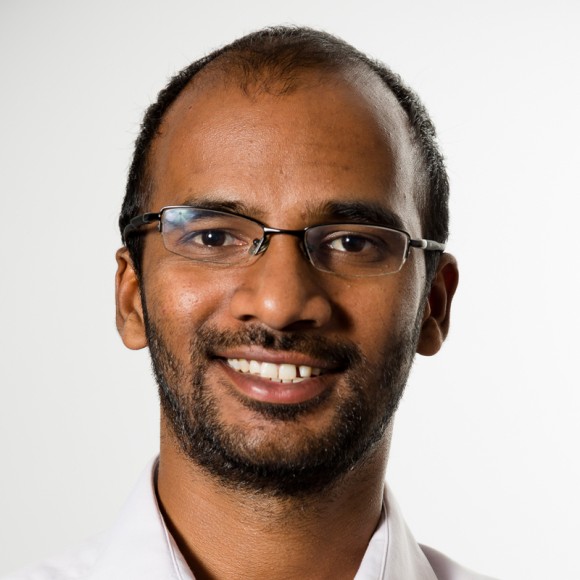
India Fellow
Dilip Kumar Pattubala
Dilip is the co-founder of Sukhibhava, a Bangalore based social enterprise educating women and girls experiencing poverty about menstrual hygiene and improving access to affordable hygiene products. "The Period Fellowship" is their flagship project focusing on eduating 1 million girls in 1 academic year. Dilip Kumar has a Master’s degree in International...
- Values: These are the anchors that define what you’re working towards. They should prioritize actions and ground decisions in your particular set of non-negotiables.
- Practices: Many rituals are followed within an organization but are not always named. It’s recommended to document these practices and teach them to new team members so they feel part of the culture. Examples include how team meetings are opened/closed, or norms for making decisions or sharing feedback.
- Working Norms: These are how the team chooses to show up to achieve current goals; they will change based on what’s important for your organization in a given moment. For example, in 2020 the working norm could be compassion for shifting priorities during the pandemic, but in 2025 it might be innovating for growth.
Define your “non-negotiables”
Acumen India Fellow Gayatri Jolly is the founder of MasterG, an apparel design and skills development social enterprise which runs training centers that teach women from low income neighborhoods pattern making and sewing skills to become financially empowered.

India Fellow
Gayatri Jolly
Gayatri Jolly is the founder of MasterG. MasterG enables women from low-income communities to unlearn and question the baggage of societal norms and to empower themselves financially through the vocation of apparel design. She is a qualified Fashion Designer from Parsons, The New School and studied entrepreneurship at Babson College. She has worked...
Close
5. Engage in courageous conversations
Find the third story
Sheila Heen, the co-author of the New York Times Business Bestseller, Difficult Conversations: How to Discuss What Matters Most, suggests you find “the third story” to manage conflict.
The third story is the version of the situation that is neither yours nor the other person’s. Instead of an either/or and right/wrong perspective, the third story gives you the opportunity to find the ‘and.’
The third story is the way a neutral party might describe the situation where both sides agree.
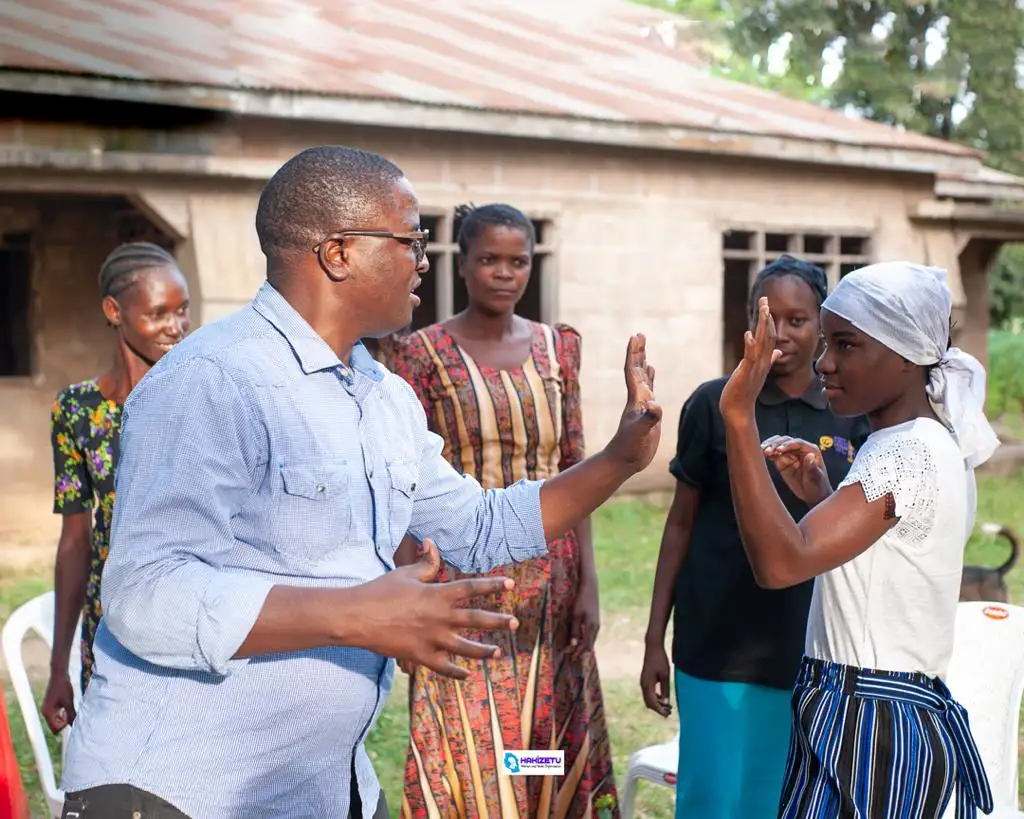
HOW EMBRACING COURAGEOUS CONVERSATIONS BUILDS PROTECTION FOR WOMEN AND GIRLS IN TANZANIA
Evodius Gervas is an Acumen Fellow and the Co-Founder and Director of Hakizetu Organization, a nonprofit based in Mwanza, Tanzania which promotes the safety, health, and social protection of young women and girls to prevent early stage pregnancies and child or forced marriages.
Evodius admits building Hakizetu has not been a walk in the park. At first, people perceived his work in a negative way and many thought he was teaching daughters and wives to rebel.
“I was arrested several times because of this. My activism was a threat to harmful gender norms that were disempowering young women and girls. There was a lot of pushback from the community because it went against our culture. They thought our work would disintegrate families,” says Evodius.
Despite the challenges, Evodius knew he had to stand up for what was right. He found the courage to push through barriers and inspired others to support a new narrative for women and girls — one of dignity, hope, and empowerment. Throughout his leadership journey and as a member of the Acumen Academy community, Evodius learned valuable ethical lessons to bring back to his organization.
While disagreements are part of the work, Evodius learned that it's important to have courageous conversations that help you iron out your differences and move forward — even if that means taking the next step without your business partners.
He also learned the importance of leading with integrity.
“You have to lead by example. It would be unfair to expect your team to follow the rules while you do not. If you want to lead with integrity and credibility, you have to follow the rules, no matter your level of authority,” he says.
“As leaders, we need to raise our voices when things are not right. The reason why so many bad things are happening is that good people are keeping quiet.”
Continuing your ethical leadership journey
It takes time and dedication to build the skills of an ethical leader. Below you’ll find additional resources to help you along your journey.
To continue exploring crossing lines of difference and holding opposing values in tension, check out Jacqueline Novogratz’s free course, The Path of Moral Leadership.
Learn to mobilize change and challenge the status quo. Sign up for Acumen Academy’s course on Adaptive Leadership and learn the skills to lead adaptively.
If you’re curious about how ethical frameworks can be used in your marketing strategy, read our guide on Ethical Marketing: The Value of Brand Transparency.
Discover more
Sign up to our newsletter
I have read and accept the Terms & Privacy
